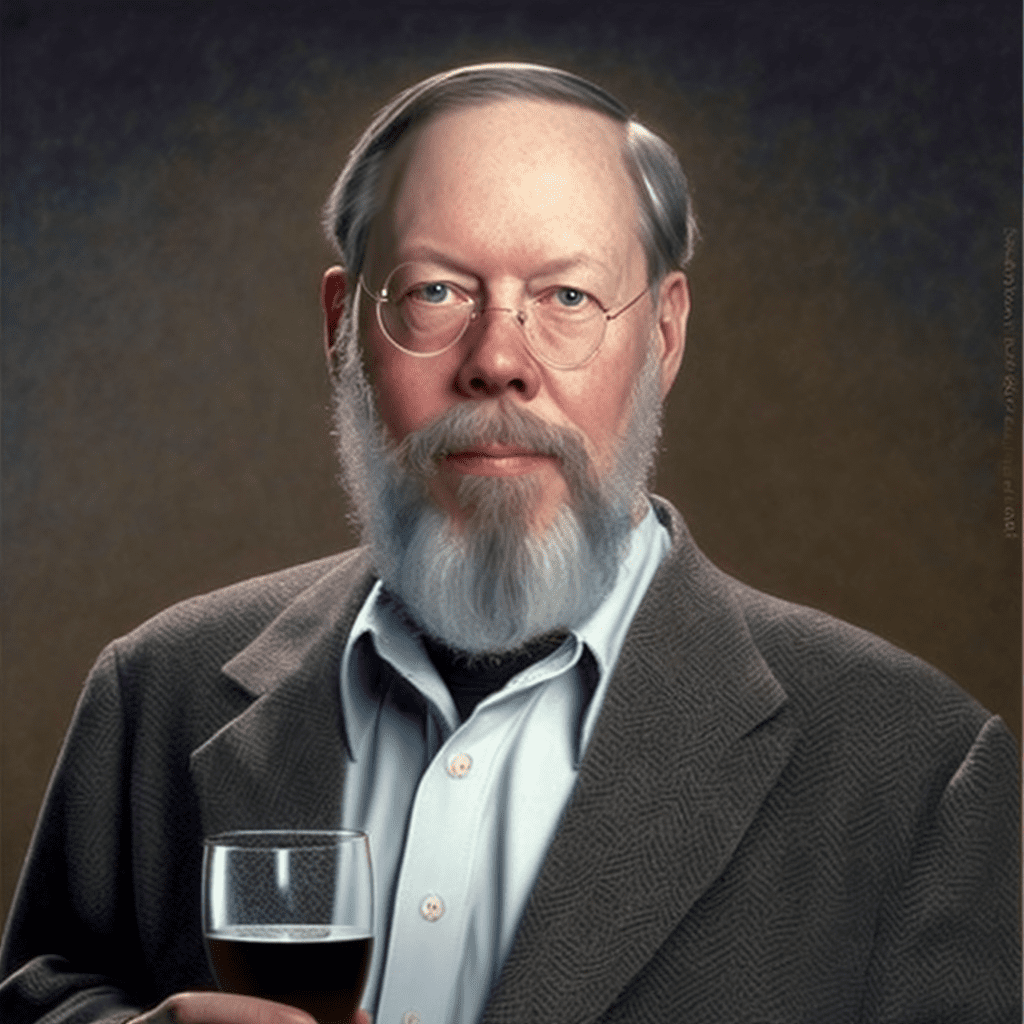
Remembering Dennis Ritchie the Creator of C Language
Dennis Ritchie was a computer scientist and programmer who is best known for his creation of the C programming language. He was born on September 9, 1941, in Bronxville, New York, and passed away on October 8, 2011. Ritchie’s contribution to computer science was significant, and his legacy continues to impact the field to this day.
Dennis Ritchie graduated from Harvard University with a degree in physics in 1963. He then joined the Massachusetts Institute of Technology (MIT) where he received his Ph.D. in computer science in 1968. In 1967, Ritchie began working at Bell Labs, where he would spend most of his career.
It was at Bell Labs that Ritchie created the C programming language. C was developed as a successor to the B language, which was created by Ken Thompson. The purpose of C was to improve the portability and flexibility of the B language. Ritchie created C by combining elements of B with features from other programming languages, including Algol 68 and BCPL.
C became one of the most popular programming languages in the world, and its influence can be seen in many other programming languages that came after it, including C++, Java, and Python. C was particularly influential in the development of Unix, the operating system that Ritchie and Thompson created in the early 1970s.
In addition to creating C, Ritchie also made significant contributions to the development of Unix. He co-authored the first book on Unix, “The UNIX Programming Environment,” which was published in 1984. Ritchie was also a co-author of the famous “K&R” book, which is the definitive guide to the C programming language.
Ritchie’s contributions to computer science were recognized with numerous awards and honors throughout his career. He was awarded the Turing Award in 1983, which is considered to be the Nobel Prize of computer science. In 1999, Ritchie was inducted into the National Inventors Hall of Fame.
Dennis Ritchie’s contribution to computer science cannot be overstated. His creation of the C programming language and his work on Unix laid the foundation for many of the technologies that we use today. His legacy continues to impact the world of computer science and will be remembered for generations to come.
References: